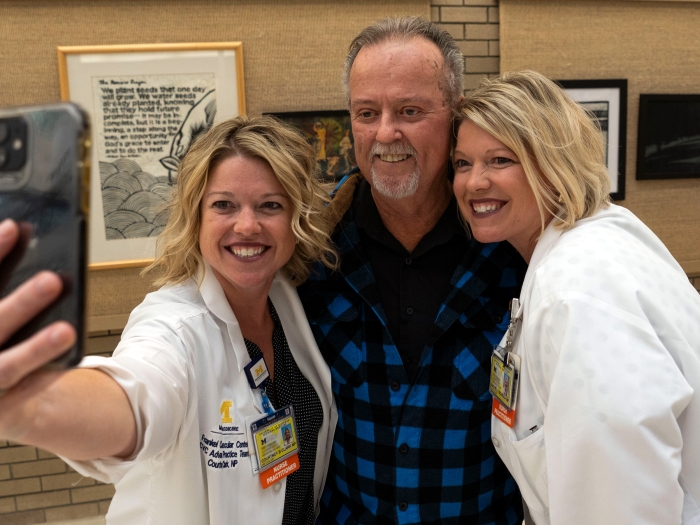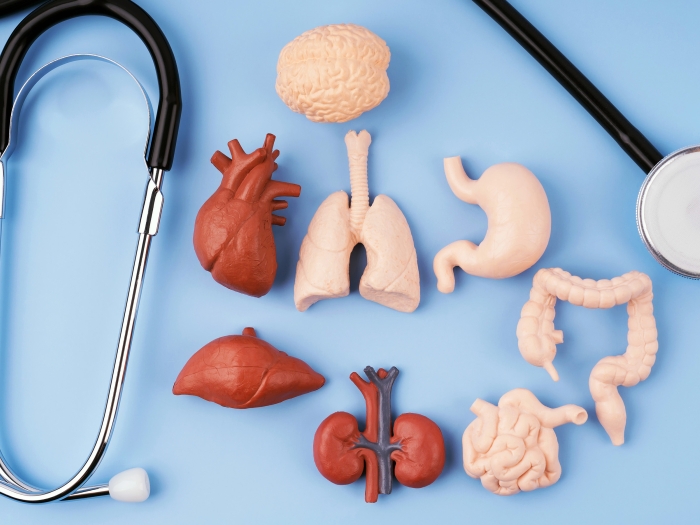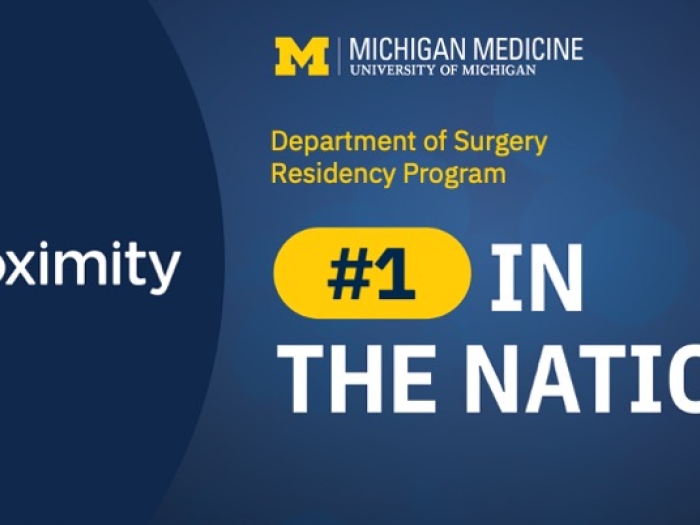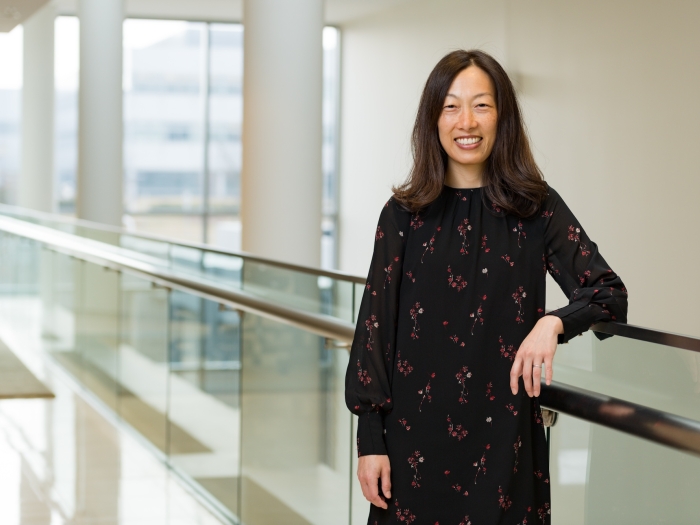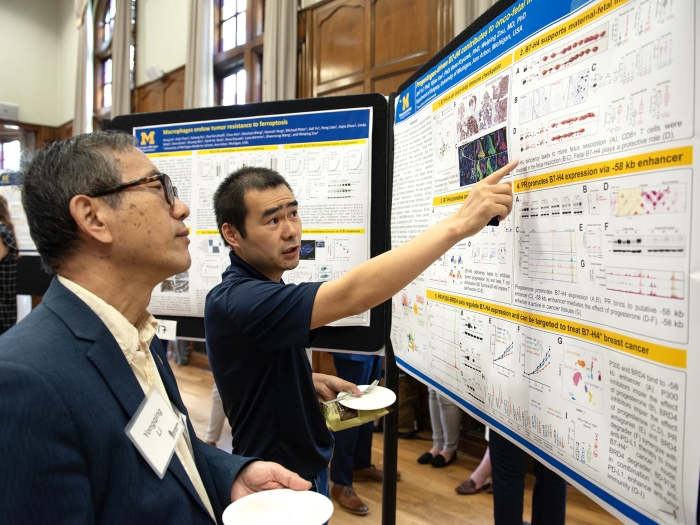
It’s a short distance from bench to bedside at the U-M Medical School Section of Transplant Surgery as our investigators make discoveries that translate directly to health and quality improvements for our patients.
Our research spans basic, translational and health services to make an impact on everyday life and push the frontiers of our field further.
With a culture of multidisciplinary collaboration, our transplantation scientists are nationally recognized for their contributions and creative breakthroughs. With the support of some $7.7 million in annual grant funding, we have the resources to make investigation a strong focus for the Section of Thoracic Surgery.
Basic & Translational Science
The Transplantation Biology Program, founded by Drs. Marilia Cascalho and Jeffrey Platt, makes the concept of “bench to bedside” a reality at Michigan. Members of the program, including faculty from departments of Surgery, Medicine, Pathology, Microbiology and Immunology, use knowledge and insights from diverse fields to fuel novel lines of research aimed at understanding and solving the most vexing challenges in transplantation. The challenges addressed include the shortage of organs available for transplantation, the propensity of transplanted organs to undergo deterioration over time, and the complications caused by life-long treatment with immunosuppressive drugs.
U-M transplantation scientists were the first to pursue novel methods of genetic engineering as a strategy for replacing organs and are using those strategies today to generate new sources of tissues and cells, potentially derived from the person needing treatment.
Multidisciplinary Collaborations
Cross-departmental, multi-center and statewide collaborations extend the reach of our research impact. Our faculty work closely with faculty across the university at the Center for Healthcare Outcomes & Policy studying health outcomes research.
We collaborate with Blue Cross Blue Shield and the Michigan Department of Health and Human Services through the Michigan Opioid Prescribing and Engaging Network (MOPEN) to reduce opioid abuse and overdose through better prescribing, patient education, and community outreach.
Transplant surgeons are researching different aspects of cancer and tumor biology, ranging from the treatment of locally-advanced pancreatic cancer and the multidisciplinary treatment of hepatobiliary malignancies to immunotherapies.
Transplant surgery faculty members are researching how to improve healthcare outcomes and policy in a variety of different fields, including reducing opioid use, improving surgical outcomes, the impact of improving patient health before surgery and developing national policy on transplantation.
U-M transplantation scientists discovered that organ transplants are not merely passive targets of the recipient’s immune system but rather change in ways that can help prevent rejection. They have also devised new ways to look at the immune cells that recognize and potentially destroy a transplant, a potential spring board to developing novel ways of controlling those cells without broadly compromising immune control of infections.
Extracorporeal life support (ECLS) technology was developed at Michigan Medicine nearly 50 years ago. Based on this technology, transplant surgery faculty members investigating new ways to resuscitate and heal donor organs to expand today's inadequate supply.
Your contribution helps us research medical breakthroughs, make medicine more inclusive and train the next generation of surgical leaders.

